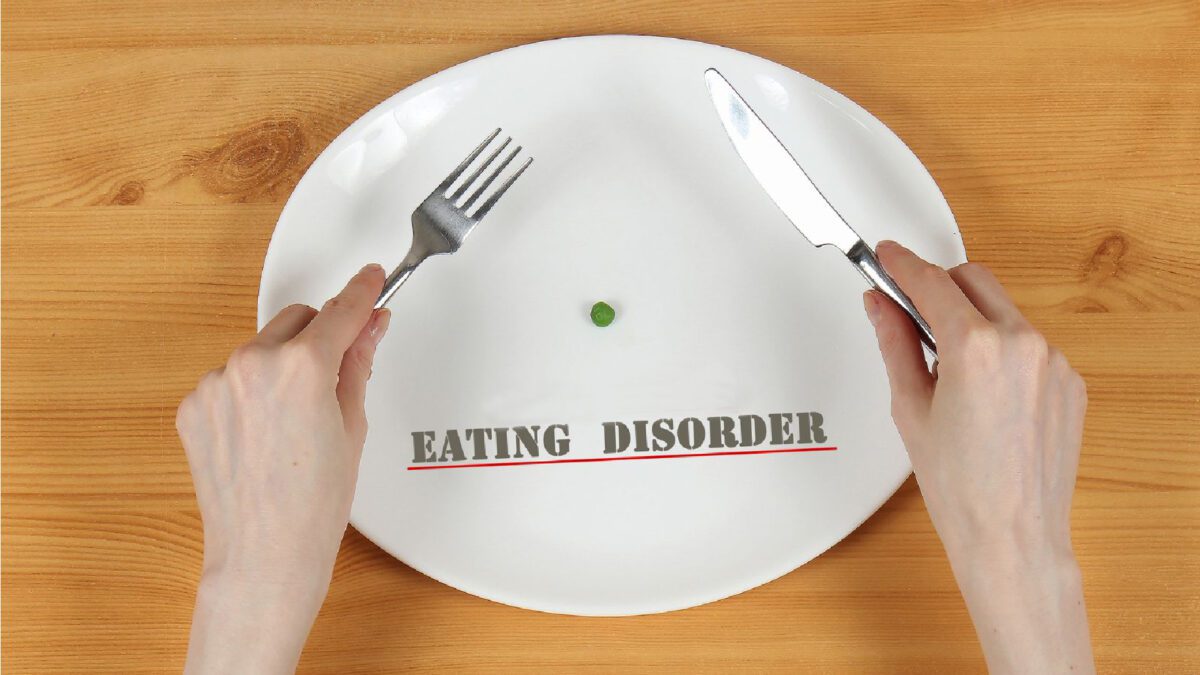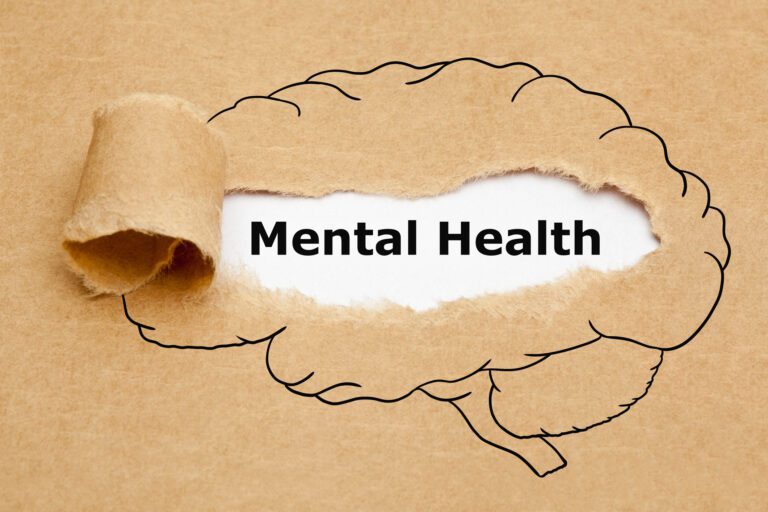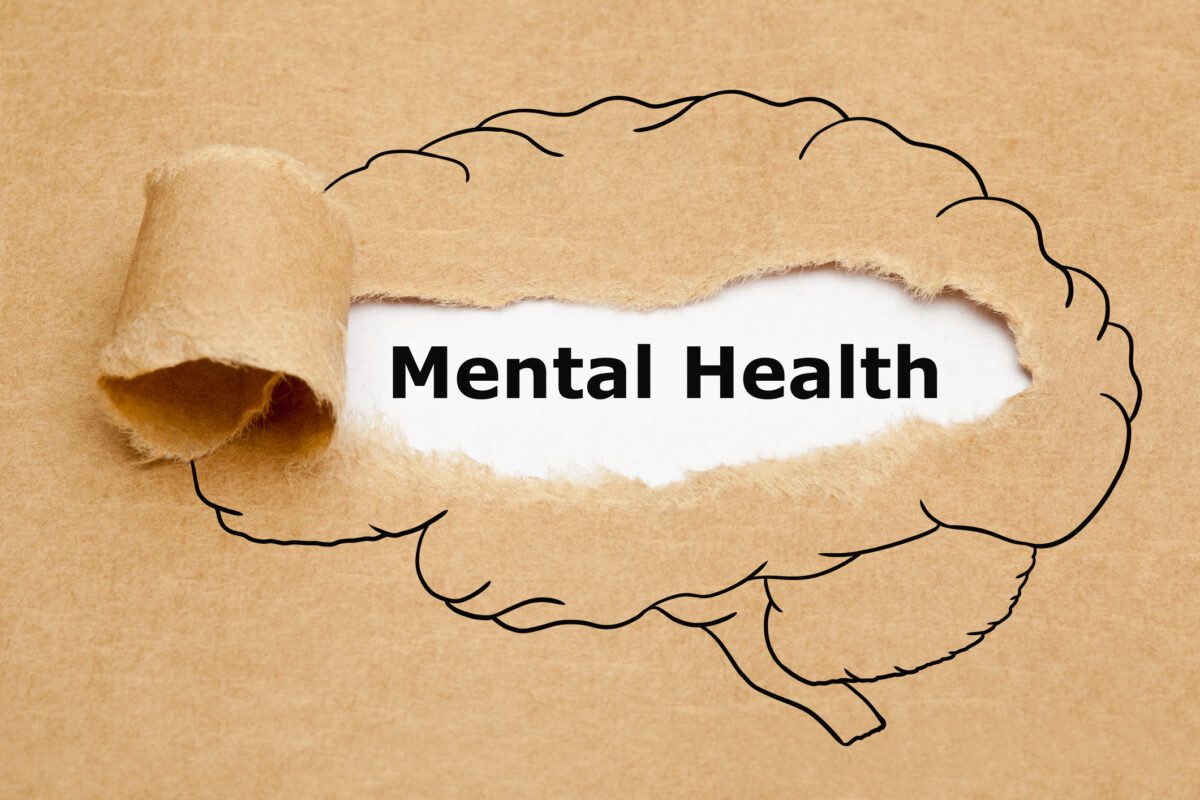Eating disorders are serious, but treatable, mental disorders. Eating disorders are often seen as lifestyle choices, but that is not true. Many factors, including genetic, psychological, and sociocultural factors, contribute to the development of eating disorders, so it’s important to understand the causes to provide effective treatment.
Top 3 Causes of Eating Disorders
There is no single cause of eating disorders. Rather, it is a combination of factors that can contribute to the development of an eating disorder. A mix of genetics, psychological, and social factors play a role in the development of eating disorders.
Some people with eating disorders may use extreme measures to control food when they feel like other aspects of their lives are out of control. An obsession with food becomes an unhealthy way of coping with painful emotions or feelings. Thus, eating disorders are more about finding healthy way to manage your emotions than about the actual food itself.
1. Genetic factors
If you have a family member with an eating disorder, you are more likely to develop one yourself. This may be due to genetic factors that make you more susceptible to the disorder, or it may be due to environmental factors such as witnessing a family member struggle with an eating disorder. Also, note that if you are a parent, it will help to look for these signs your child may be developing an eating disorder so that you can be well informed and seek appropriate support for your child as early as possible.
2. Psychological factors
An individual with low self esteem, poor body image, and one who has a hard time coping and dealing with stress may be more prone to an eating disorder. Individuals who are perfectionists tend to be very hard on themselves and have difficulty coping with failure. They may see food and weight as a way to control their environment and feel like they are in control of their lives.
Traumatic experiences can also lead to the development of eating disorders caused by enabling feelings of powerlessness, shame, and fear. The experience of trauma can trigger a need to regain control, which may manifest itself in the form of disordered eating behaviors. For example, you may start restricting your food intake in an attempt to control your environment and feel in control of your body.
3. Sociocultural factors:
There are also sociocultural risk factors for developing an eating disorder. Every day, we are bombarded with messages about beauty, unrealistic body images, and fad diets. Any changes with friendships or other relationships, bullying at school or in the workplace, and any social pressure to fit in may lead to a higher risk.
Also, sports performance requirements for sports such as gymnastics, swimming, wrestling, running, expectations about grades in school, family dynamics, and the media play a big part. Life changes, such as starting a new school or job, a divorce, or a move may have a significant effect on an individual more prone to an eating disorder.
The media also plays a large role in the development of eating disorders, as it often promotes an unrealistic standard of beauty that is unattainable for most people. This can lead to feelings of inadequacy and low self-esteem, which can trigger disordered eating behaviors.
What Can Be Done to Prevent Eating Disorders?
There are many things that can be done to prevent eating disorders. Here are some tips:
- Educate yourself about eating disorders and the risks; as well as be careful about dieting, restricting food intake, or obsessing about your weight. Speak with your primary care physician before starting any diet or exercise program. Seek help from a licensed dietitian who is familiar with eating disorders before making a decision to change your eating habits.
- Be critical of the media. Do not believe everything you see in the media. Remember that the images you see are often photoshopped and unrealistic. Following and promoting a realistic and attainable standard of beauty is important in helping to prevent eating disorders.
- Talk to someone if you’re struggling. If you’re feeling overwhelmed, talk to a trusted friend or family member, therapist, or doctor. They can help you get the support you need. Having a supportive therapist in all stages of life is helpful in order to prevent using maladaptive coping strategies (such as eating disorder behaviors) to handle life stressors.
- Have realistic expectations. No one is perfect. Everyone has flaws. Accepting yourself for who you are is an important step in preventing eating disorders. Remember that you are beautiful and worthy just the way you are.
To Conclude
If you or someone you know is struggling with an eating disorder, you may consult with me for eating disorder treatment by contacting me at 630-454-1490. I will work with your therapist, dietitian, and other treatment providers to help create a customized treatment plan to help you recover. We can work together to heal your relationship with food and your body. Remember, you are not alone, there is help.














